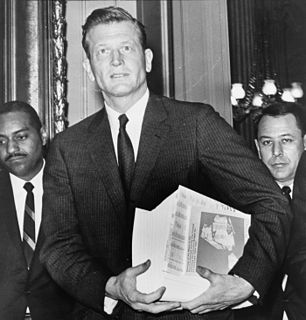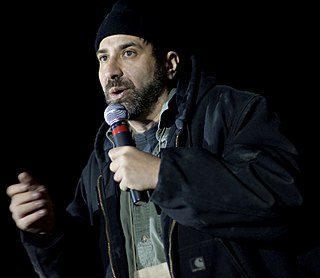A Quote by Michael Pollan
...A one-pound box of prewashed lettuce contains 80 calories of food energy. According to Cornell ecologist David Pimentel, growing, chilling, washing, packaging, and transporting that box of organic salad to a plate on the East Coast takes more than 4,600 calories of fossil fuel energy, or 57 calories of fossil fuel for every calorie of food.
Related Quotes
On the course, I sometimes eat a little sandwich or a slow-release energy bar - one on the front nine and one on the back nine. You're out there five hours, so you have to keep eating. You're going to burn at least 1,000 calories. I'll try to take in about 400-600 calories during a round and drink water.
When Cuba lost their fossil fuel pipeline when the Soviet Union collapsed in 1990. Overnight they had no choice, they had to transition to clean energy, they didn't have any fuel to burn, and they also had to transition to a healthy food system, an organic system - their economy is crashing, this was not a planned transition. This was a crisis, but a crisis nonetheless, in which pollution went away. And it's very instructive to see what happened to their health.
Food is like a torture device because hiking 47 miles a day is hard enough. And then you're trying to get down 6,000 calories a day. Every hour, I needed a snack, every few hours I had to take in a meal and it's just not food, it's fuel. You're not enjoying it - you're seriously shoving it in your mouth and following it with water, juice or Gatorade.
Every candidate running for president has got to answer the following very simple question: At a time when we need to address the planetary crisis of climate change, and transform our energy system away from fossil fuels and into energy efficiency and sustainability, should we continue to give $135 billion in tax breaks and subsidies over the next decade to fossil fuel companies?



































